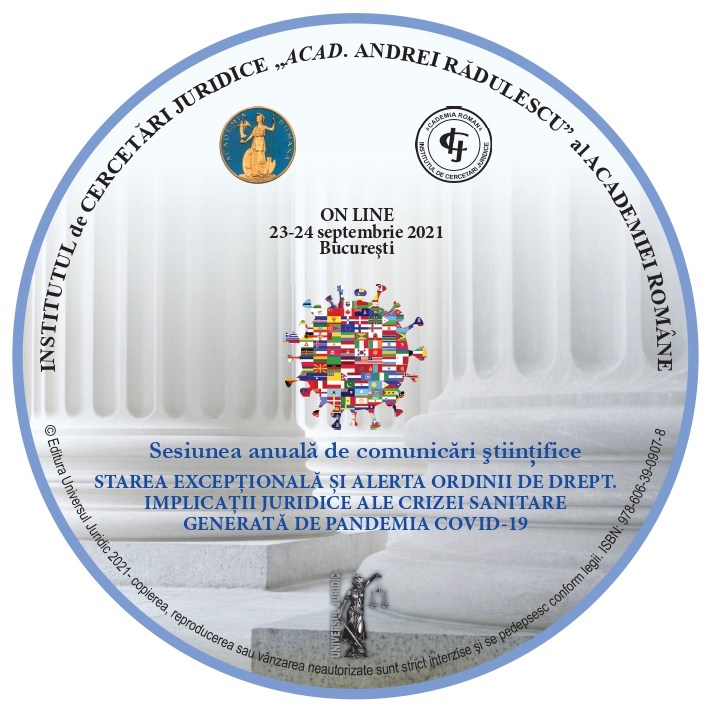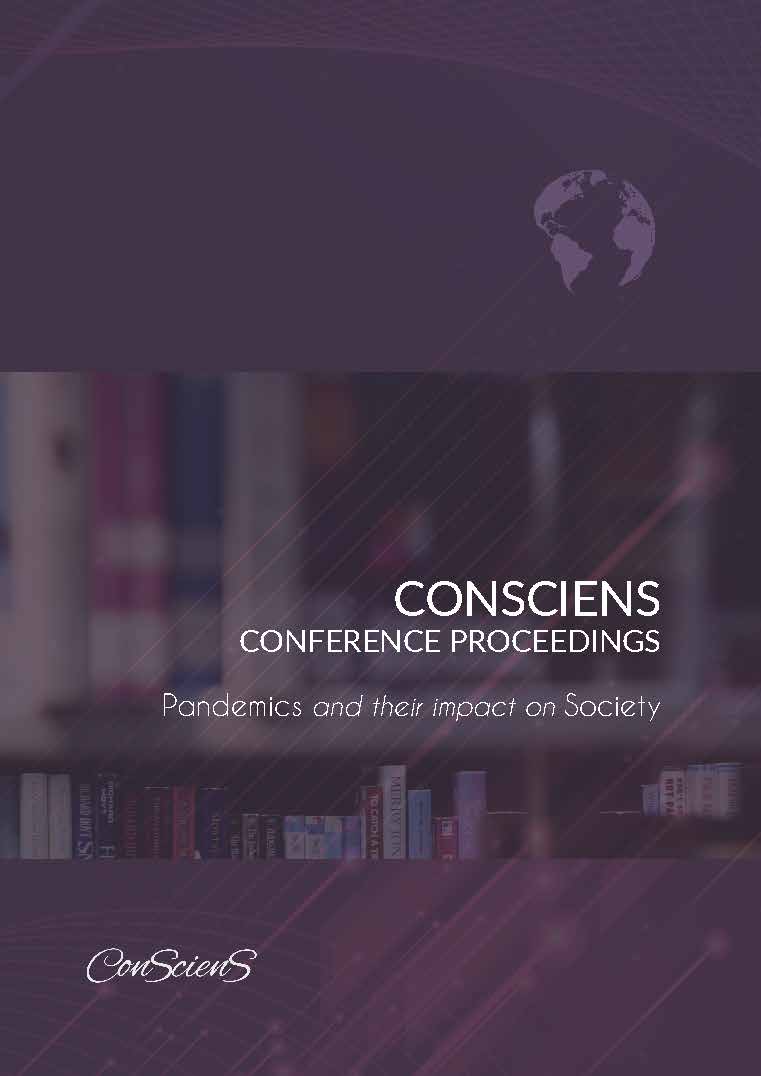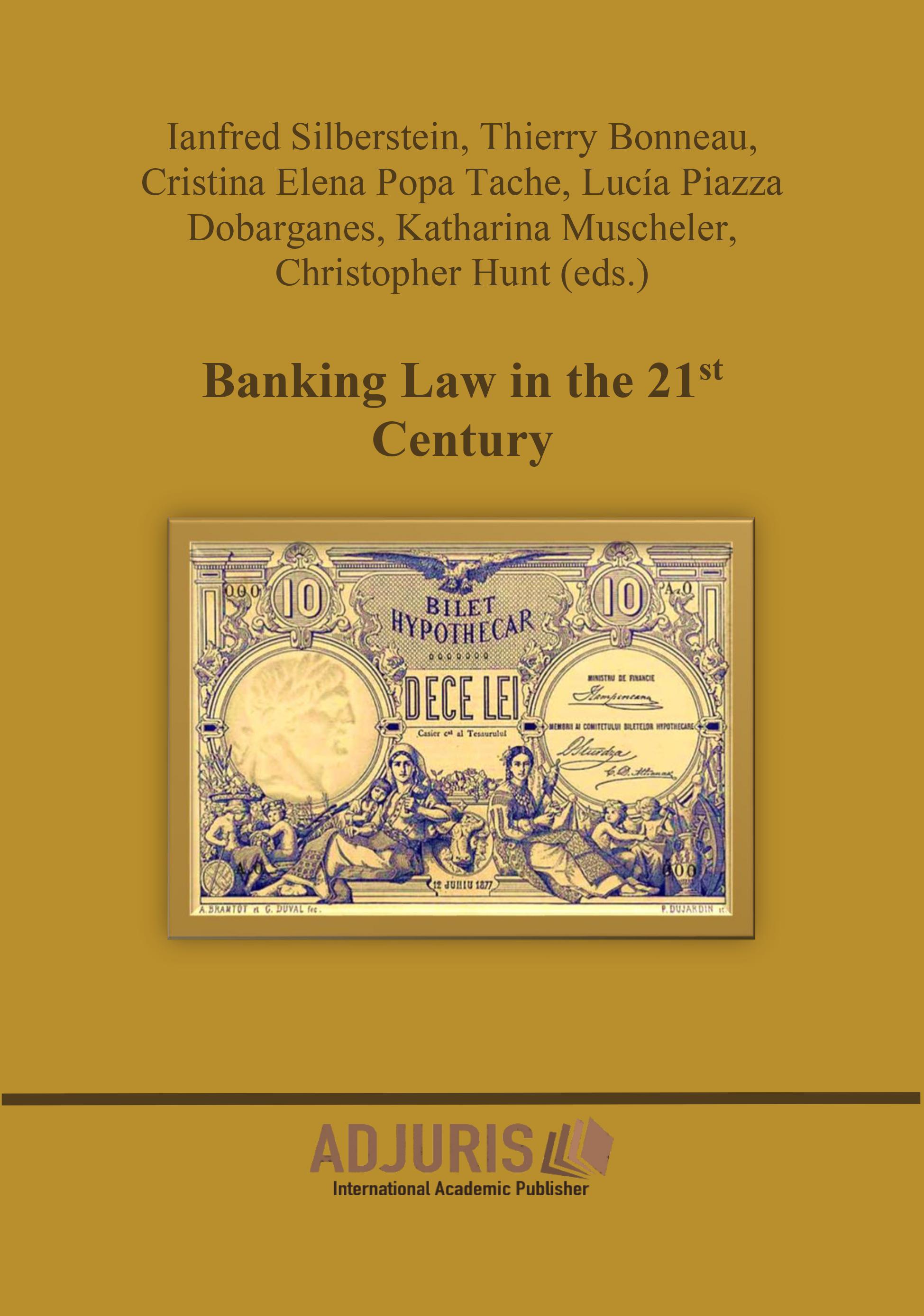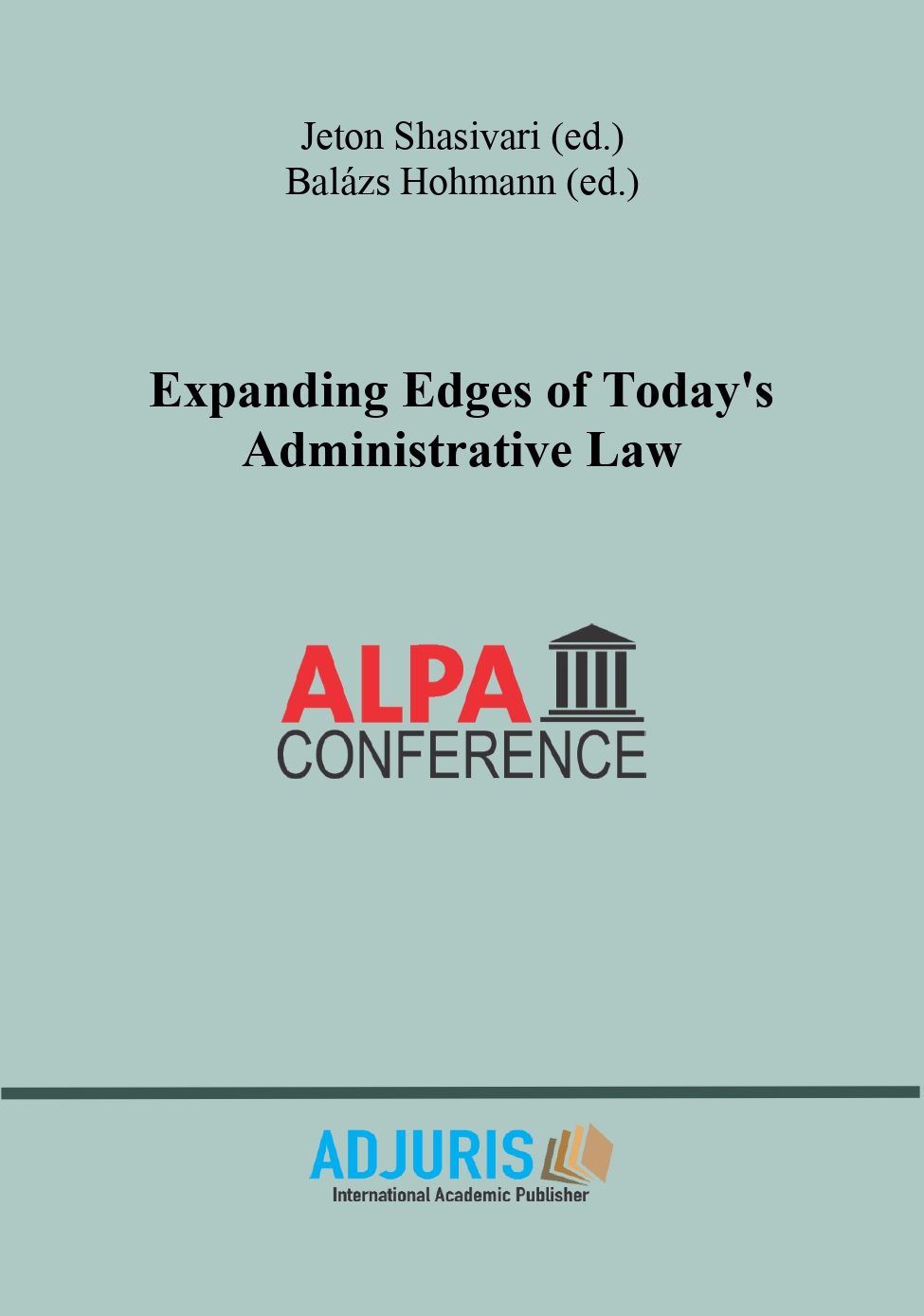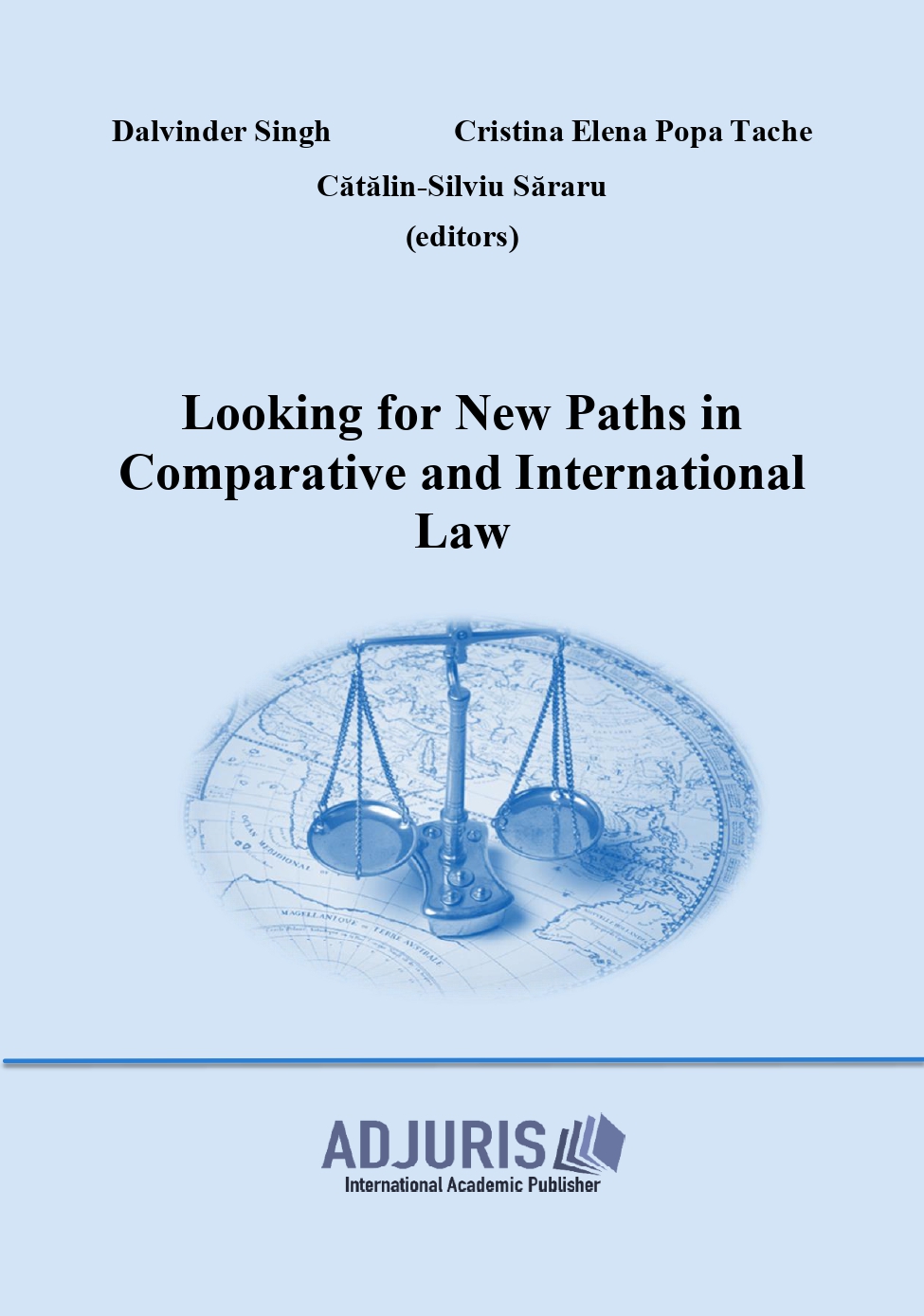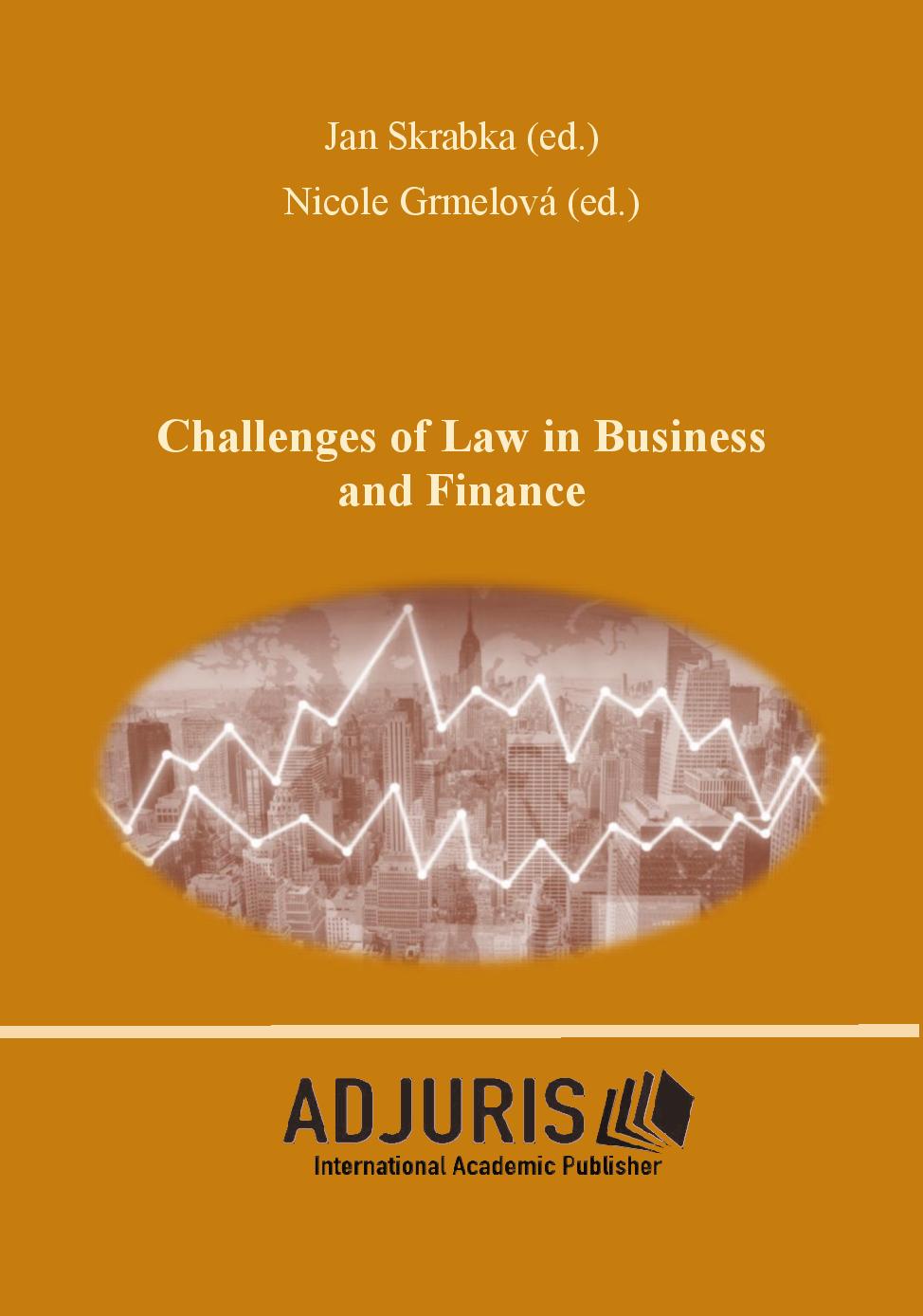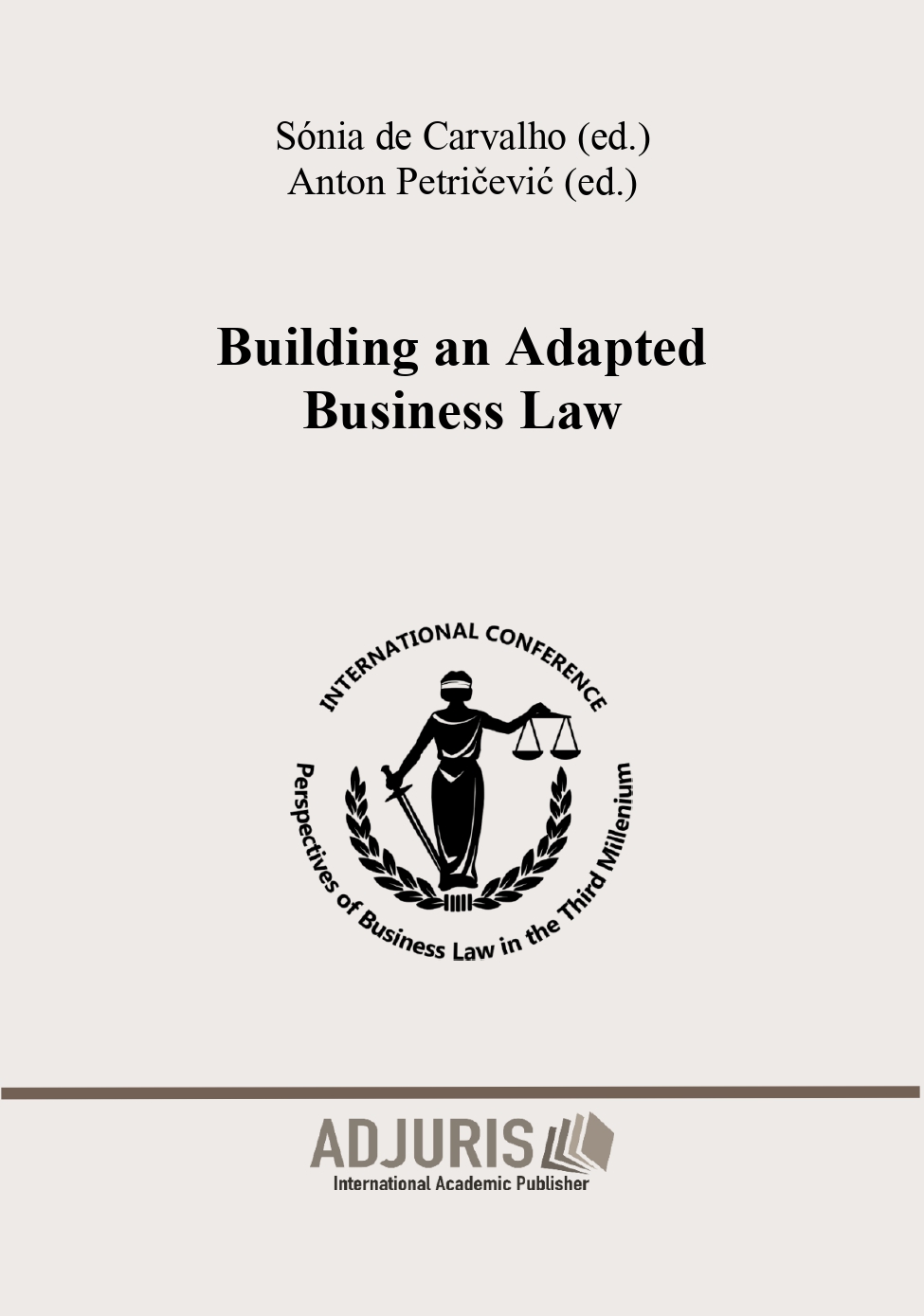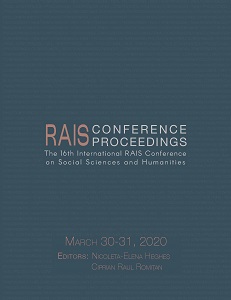
Particularities on Child-Friendly Justice Concerning Inoperability of Judicial Procedures
If the purpose of applying a punishment to a felon is firstly retributive, then restorative, when it comes to a child perpetrator, the primary concern to specialists in the legal, psychological and social assistance field must be the effective protection and social reintegration of the minor. The courts for minors are meant to be able to determine the needs of every child who falls under the law, regardless of its quality (perpetrator, victim, witness, collateral victim). Creating a child-friendly justice system gives the child a safe and ideal space where all his rights are respected and his voice is heard, regardless of age, maturity or social status, benefiting from social and legal assistance for the entire duration, prior, incipient and subsequent to a judicial procedure in which the child takes part. In general, court proceedings may be delayed due to certain intervening factors that may have a negative impact on the parties, which is in contradiction with the act of justice. In this context, we point out that the delays in the court proceedings involving children brings with them the victimization and traumatization of the child. Finally, institutional actors have a duty to keep away a child from the rigid and traumatic side of applying justice and transforming it into child-friendly justice.
More...
